Botany Manor is by no means a horror game but there’s something about it that I found oddly haunting. It has an atmosphere of melancholy that layers its sumptuously beautiful design with greater depth and meaning than its plant-themed puzzle narrative at first suggests. If you’re as fascinated by the eeriness of liminal spaces as I am, this is the game for you.
I’ve always found empty houses and gardens creepy, particularly those that feel recently lived in, where the emptiness seems lonely or even ominous. A lot of my nightmares as a child took place in ostensibly banal settings. I would find myself in corridors of houses that were clean and well-furnished but that I didn’t recognise. There would inevitably be a ticking clock that chimed from time to time, but no other signs of life. Where were my parents? Why didn’t I recognise anything? Was I supposed to be here? Was I trespassing? Was I trapped?
In Botany Manor, you play as Arabella Greene, an elderly botanist who has used her wealth to create a plant science paradise on the grounds of her family estate. The house and its gardens are gorgeous and a joy to spend time in, but you never catch sight of another human being, nor even yourself in a mirror.
We piece together Arabella’s story through ephemera discovered here and there and find that it is tinged with sadness. As a nineteenth century woman, she has been barred from formal recognition by the misogyny of scientific institutions. Her botanical paradise is forcibly sequestered from a world which has set itself against her, mocking her ambition and rubbishing her discoveries.
Sorrowful motifs appear throughout the game: the sighing of the wind in a tower sounds like a troubled ghost, a secret in the walls recalls a far more violent history of persecution. There are lots of cage-like doors which you unlock as you collect various keys but, poignantly, the key to the main gate and the outside world is never within reach.
As delightful as the puzzles are — and it is genuinely charming to watch each weird and wonderful plant burst into bloom — there’s a real history of prejudice and oppression lurking at the edges of Botany Manor.
Arabella’s character is a homage to those brave women who fought to provide girls with an education on the same terms as men, a right that is still denied to many today.
My college at Cambridge, Hughes Hall, where I studied for my PhD, was founded by real-life pioneer Elizabeth Phillips Hughes in 1885. It was not until 1948 that women studying there were awarded full formal membership of the university, allowing them to actually hold degrees. Like Botany Manor, its rooms and corridors were a refuge in a world still irrationally hostile to the idea of a female scholar.
Parallels like this are why, despite the colourful design, the game reminded me of The West Wing, a picture book by Edward Gorey which wordlessly leads the reader through the passageways of a not-quite-abandoned stately home. Gorey lets the imagination fill in the narrative but always hints that something menacing lurks just out of view, definitely one to check out if you’re a lover of the liminal. It’s clever to weave this kind of ominous subtext into a game that is superficially so cheerful and escapist.
So well done to the team at Balloon Studios & Whitethorn Games for this beautiful, engaging, and bittersweet game. It isn’t quite a haunted house story, but it raises the spectres of the real-world Arabella Greenes who fought so hard for so much that I take for granted today.
Have you played Botany Manor? What did you think? Let me know in the comments below.
Subscribe for more articles on a range of fascinating subjects. I publish my ‘horror moments’ on Thursday mornings, and miscellaneous content like this on Monday afternoons.



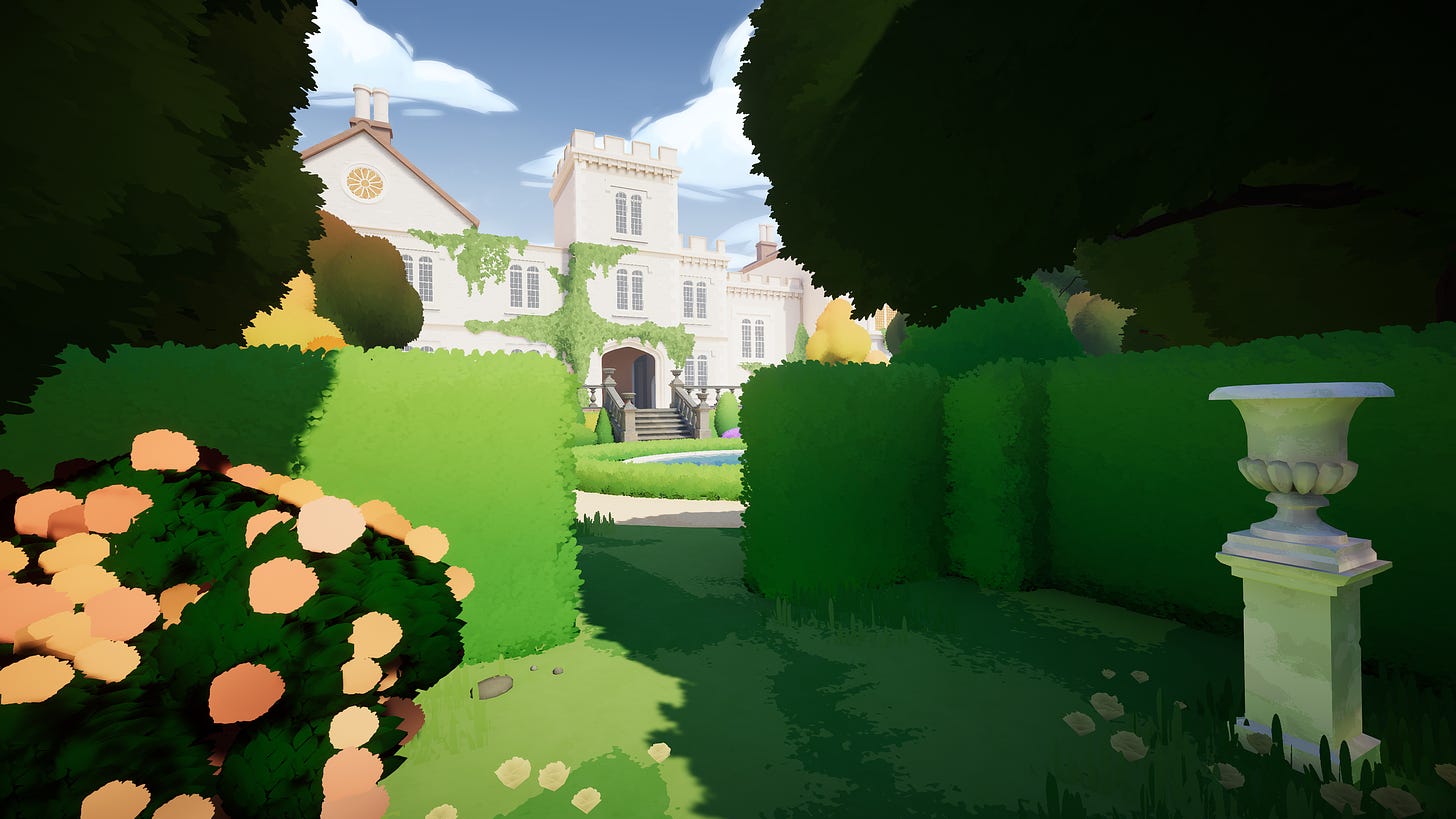
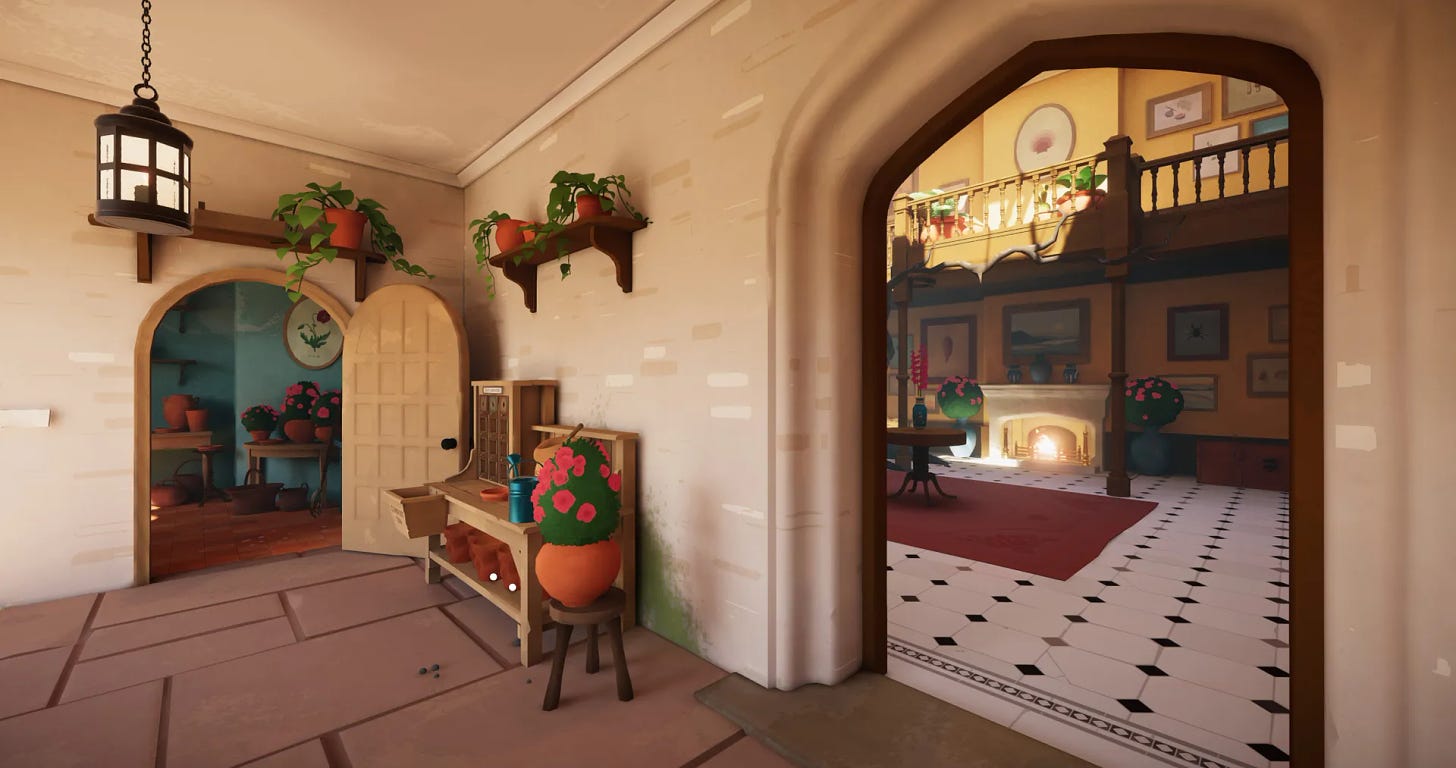
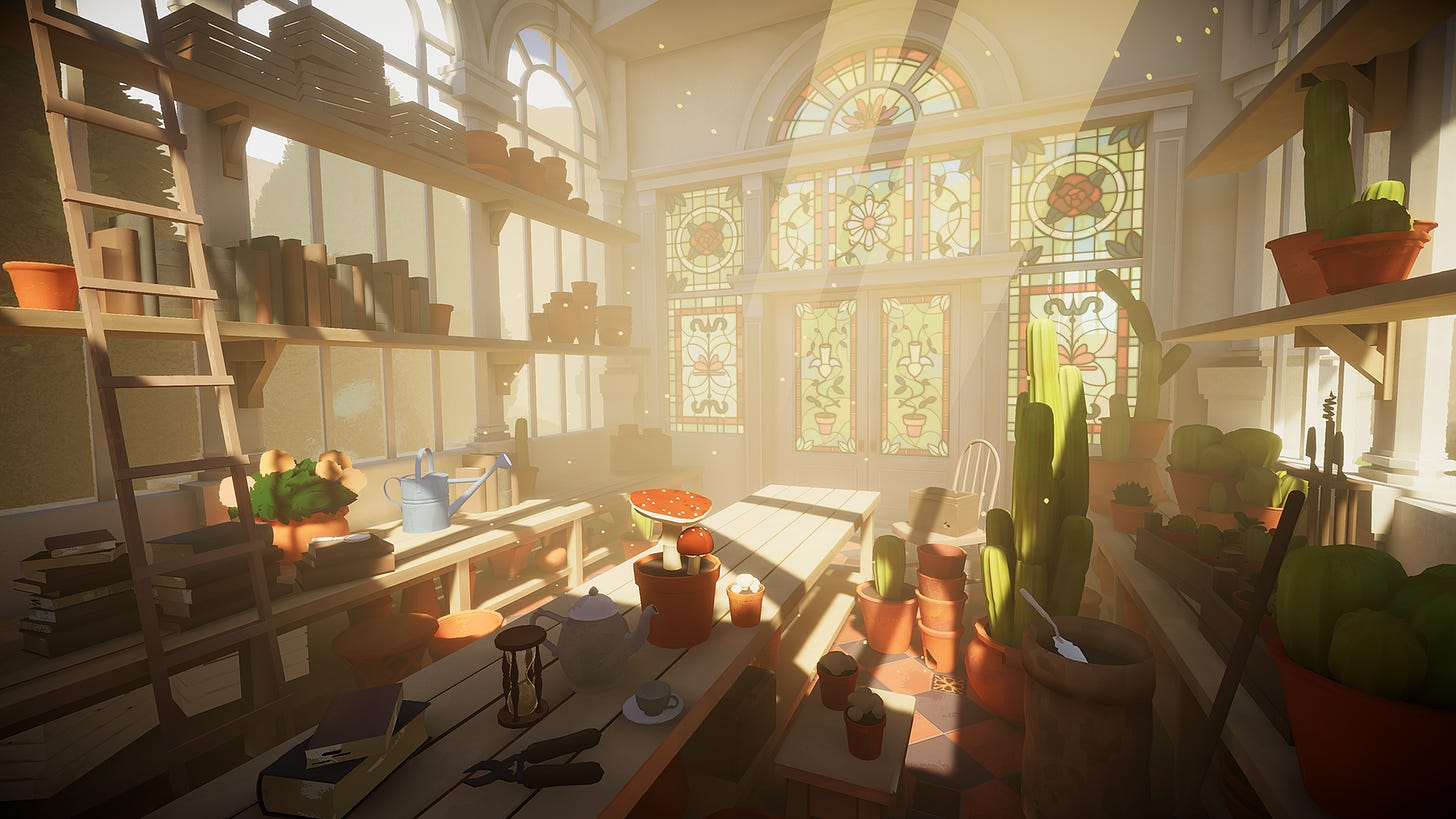


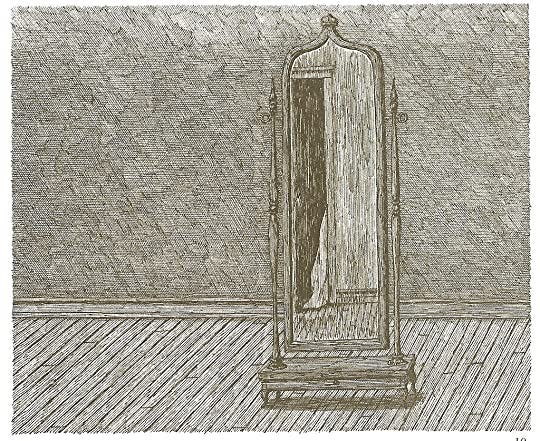
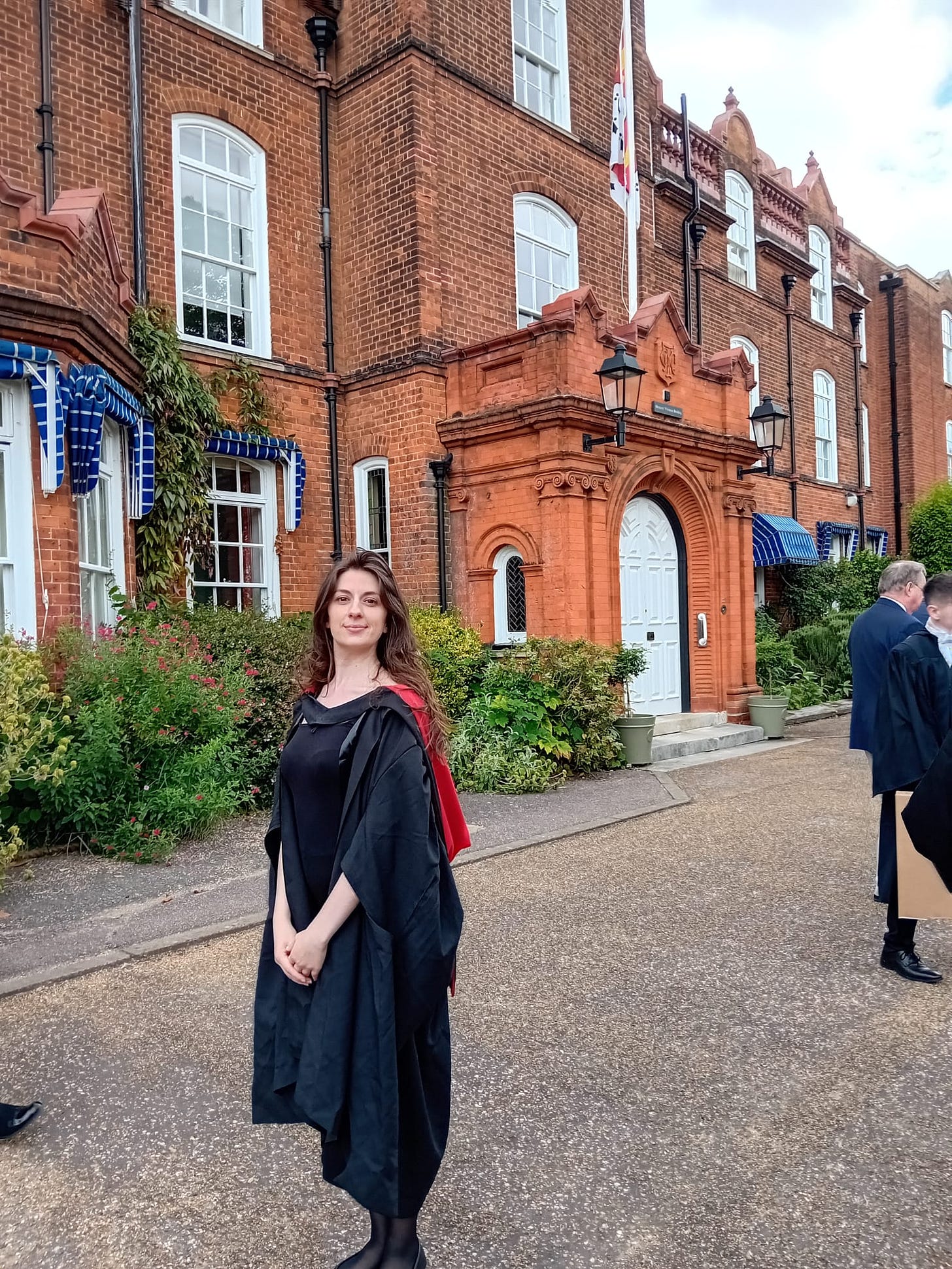
I think you may find this book interesting - written by a friend. Definite echoes.
https://misswillmottsghosts.com/
I don't know how you keep doing it but this is another ace piece. Your exploration of Botany Manor was a real pleasure to read. I appreciated how you brought the game’s atmosphere to life, particularly the eerie, melancholy feel. The historical context you wove into Arabella’s story, linking her experiences with real-world pioneers like Elizabeth Phillips Hughes, was fascinating and added valuable perspective.